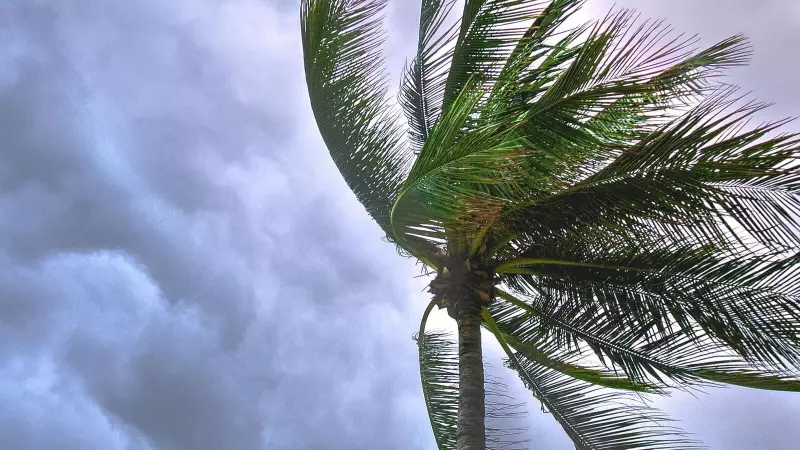
Tropical Storm Melissa continues to churn through Atlantic waters, showing signs of intensification that have weather experts on high alert. The storm system, currently moving through favorable atmospheric conditions, poses a significant threat to coastal regions along the eastern United States.
Current Storm Status and Projected Path
According to the latest data from the National Hurricane Center, Melissa maintains sustained winds of approximately 50-60 mph, with gradual strengthening anticipated over the next 24-48 hours. Meteorologists are closely monitoring sea surface temperatures and wind shear patterns that could determine whether Melissa escalates into a full-fledged hurricane.
Key Factors Driving Intensification
- Warm ocean waters providing energy for storm development
- Low vertical wind shear creating favorable conditions
- Atmospheric moisture supporting thunderstorm activity
- Well-defined circulation pattern indicating organization
Potential Impact on US Coastal Regions
Current projection models suggest several possible scenarios for landfall, with coastal communities from Florida to the Carolinas advised to monitor the storm's progress closely. Emergency management officials have begun preliminary preparations, emphasizing that residents should:
- Review evacuation routes and family emergency plans
- Secure necessary supplies including water, non-perishable food, and medications
- Protect property by clearing drains and securing outdoor items
- Stay informed through official weather channels
Timeline and Critical Decision Points
The crucial 48-hour window will determine Melissa's ultimate strength and trajectory. Weather models indicate that by Thursday evening, the storm could reach hurricane status if current conditions persist. Coastal residents are urged to complete preparations by Friday morning, as deteriorating weather conditions could begin affecting shoreline areas by the weekend.
"The combination of warm waters and favorable upper-level patterns creates a concerning scenario for rapid intensification," noted Senior Meteorologist Dr. Anjali Sharma. "While the exact track remains uncertain, all indications point toward a significant weather event that demands serious attention."
Historical Context and Seasonal Patterns
This development comes during what meteorologists describe as an above-average hurricane season, with warmer-than-usual ocean temperatures contributing to increased storm activity. Melissa follows several other named systems that have already tested emergency response capabilities throughout the Atlantic basin.
Authorities stress that even if Melissa doesn't achieve hurricane status, tropical storm-force winds and heavy rainfall could still cause substantial disruption, including coastal flooding, power outages, and transportation delays.





